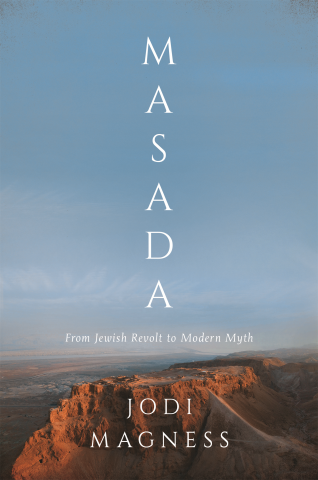Recent Faculty Podcasts (Ziad, Magness)
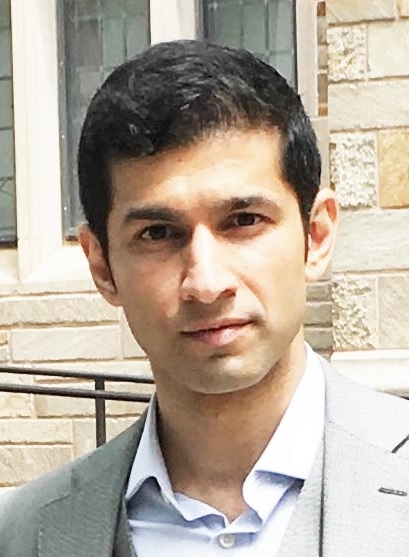 Prof. Waleed Ziad discussed the extraordinary life of the Afghan female Sufi saint Bibi Sahiba Kalan (d. 1803) in a recent episode of the What’s Her Name Podcast. Bibi Sahiba was recognized as a leading scholar-saint of the Afghan Empire, and her travels took her as far as Central Asia and the Arabian Peninsula. The What’s Her Name Podcast, on great women in history, is produced by Olivia Meikle and Katie Nelson, and two talented star musicians of Pakistan and Afghanistan, Zeb Bangash and Shamali Afghan, especially composed the original soundtrack for this episode. This is also the subject of Dr. Ziad’s next book, The Arch-Saint of the Afghan Empire, Her Teacher, and Her Son, based on fieldwork in 20 towns across Afghanistan and Pakistan.
Prof. Waleed Ziad discussed the extraordinary life of the Afghan female Sufi saint Bibi Sahiba Kalan (d. 1803) in a recent episode of the What’s Her Name Podcast. Bibi Sahiba was recognized as a leading scholar-saint of the Afghan Empire, and her travels took her as far as Central Asia and the Arabian Peninsula. The What’s Her Name Podcast, on great women in history, is produced by Olivia Meikle and Katie Nelson, and two talented star musicians of Pakistan and Afghanistan, Zeb Bangash and Shamali Afghan, especially composed the original soundtrack for this episode. This is also the subject of Dr. Ziad’s next book, The Arch-Saint of the Afghan Empire, Her Teacher, and Her Son, based on fieldwork in 20 towns across Afghanistan and Pakistan.
The podcast, as well as photos relating to the episode, can be found here.
 Prof. Jodi Magness was also featured in another episode of The Ancients podcast on the topic of “Jewish Burial at the Time of Jesus,” following upon her highly popular podcasts on the site of Masada. In this episode, Prof. Magness discusses ancient Jewish burial customs, the Talpiot Tomb controversy, and other topics that shed light on the depictions found in the Gospel accounts.
Prof. Jodi Magness was also featured in another episode of The Ancients podcast on the topic of “Jewish Burial at the Time of Jesus,” following upon her highly popular podcasts on the site of Masada. In this episode, Prof. Magness discusses ancient Jewish burial customs, the Talpiot Tomb controversy, and other topics that shed light on the depictions found in the Gospel accounts.
This latest episode can be found here.
Posted in Faculty News on April 21, 2021. Bookmark the permalink.

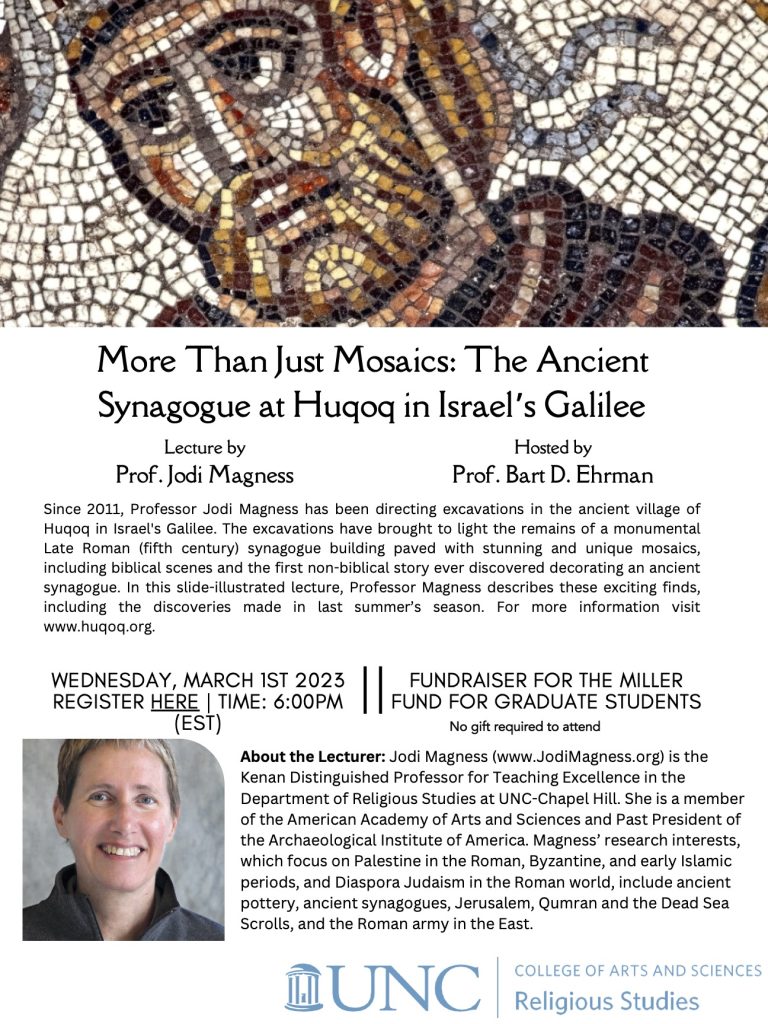

 Prof.
Prof.  Prof.
Prof. 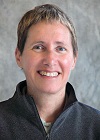
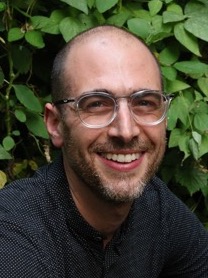
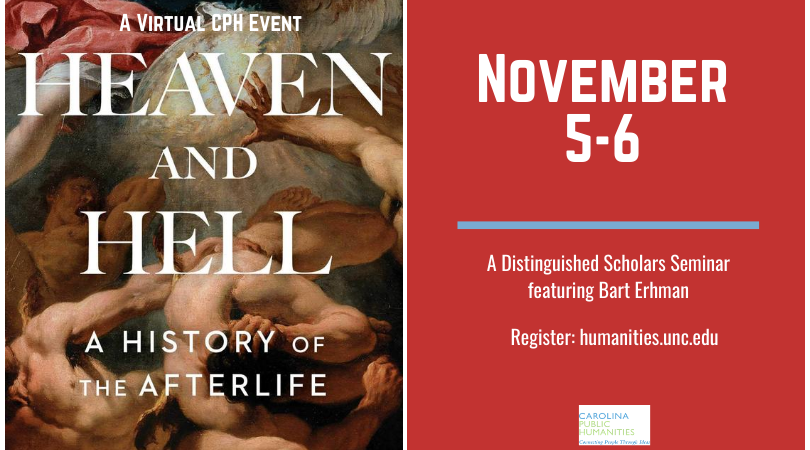
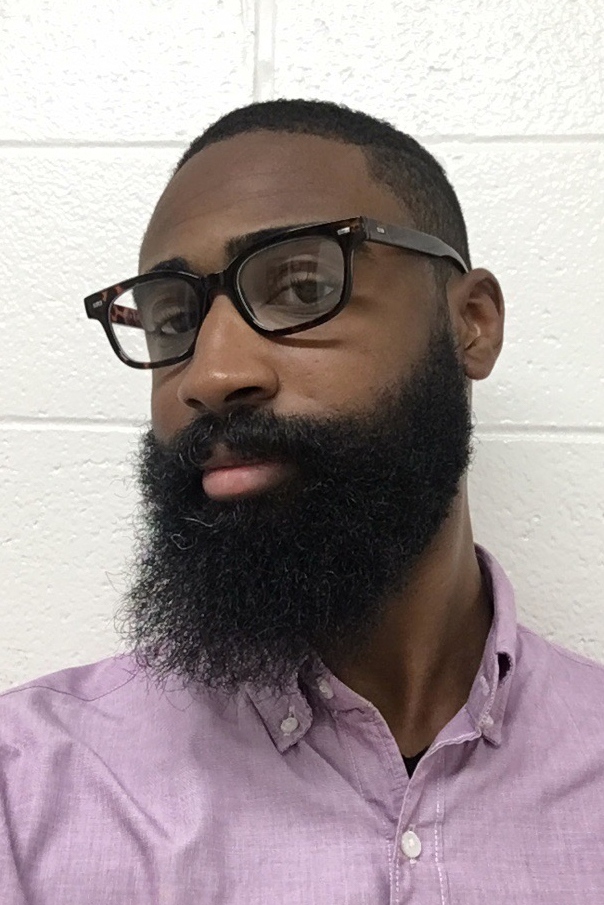 The Department of Religious Studies is delighted to welcome Dr.
The Department of Religious Studies is delighted to welcome Dr. 
